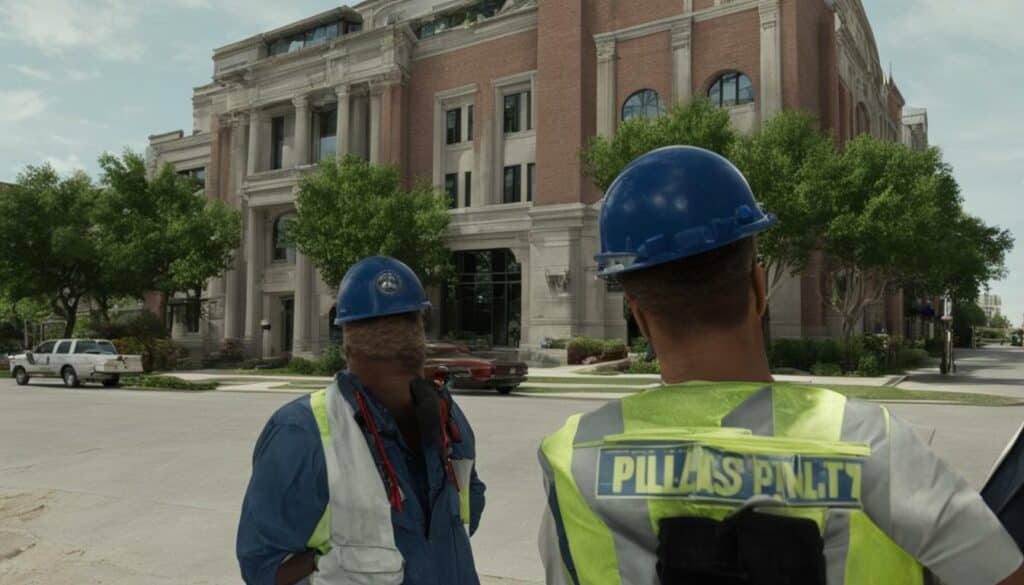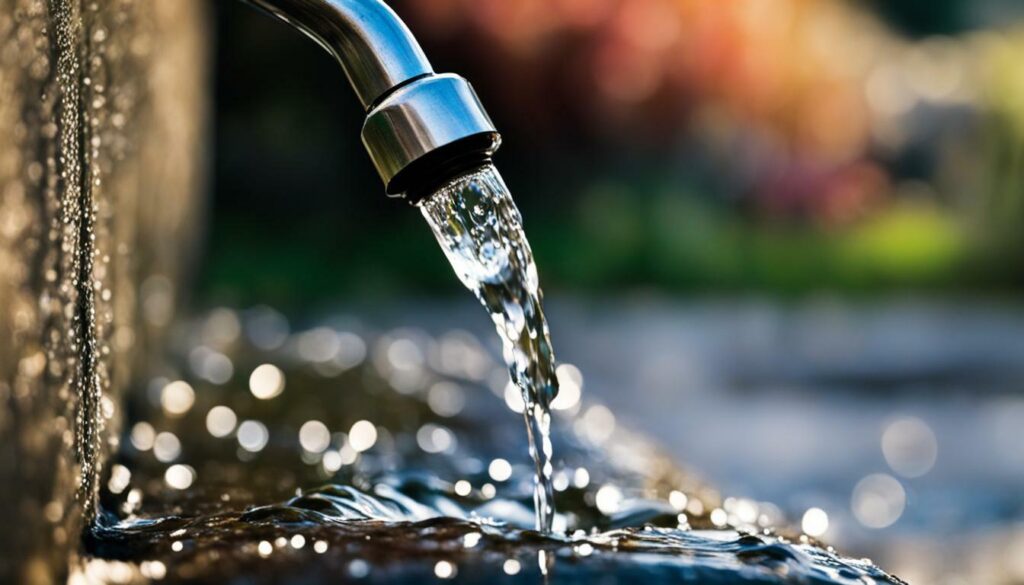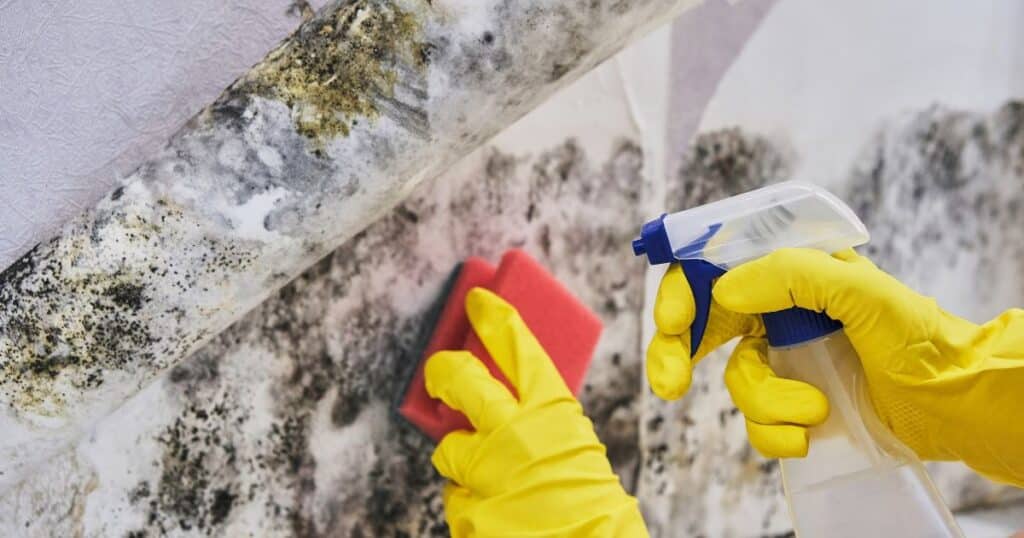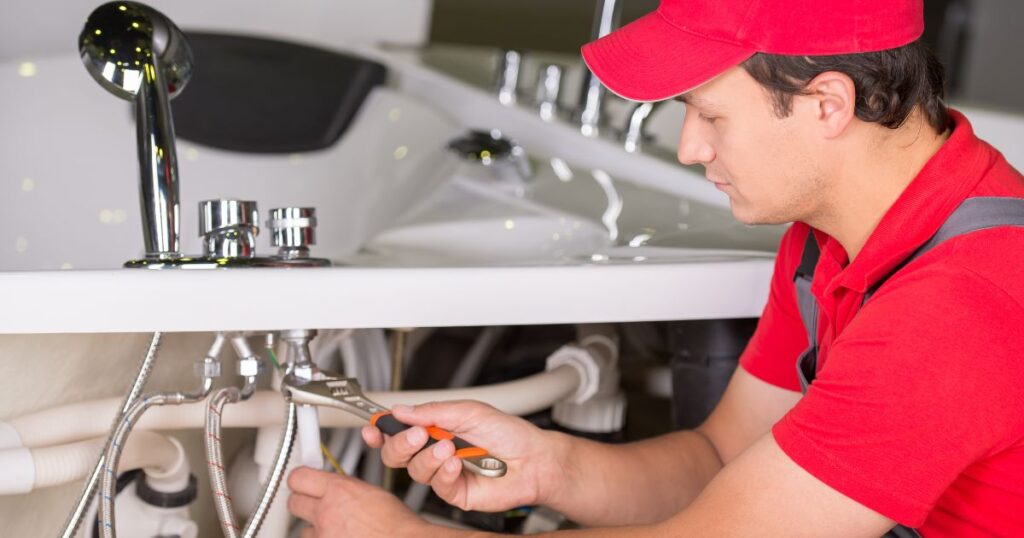
Dallas County Plumbing Codes
Plumbing codes are critical regulations governing plumbing systems in buildings. They ensure that all plumbing systems are safe and sanitary and meet specific standards to protect the environment and public health. Dallas County has a series of plumbing codes that apply to all types of buildings, including residential and commercial structures.
In Dallas County, these codes are enforced by building officials who inspect all plumbing work to ensure it complies with the regulations in place. The codes cover a wide range of areas, including installation requirements, materials used, testing procedures for new systems or repairs to existing ones, as well as maintenance standards.
The importance of following these codes must be considered since failure to comply with them may lead to significant consequences such as costly repairs, fines or penalties from regulatory authorities, or even legal action against property owners. Therefore, it is essential for builders and property owners in Dallas County to understand the plumbing codes applicable to their properties and ensure compliance at all times.
General Plumbing Codes in Dallas County
Everyone knows that plumbing is an essential component of any building. When it comes to Dallas County, there are some basic plumbing codes that apply to all types of buildings.
These codes ensure that the plumbing system is properly designed, installed, and maintained, and they help to prevent potential health hazards. The general plumbing codes applicable in Dallas County include regulations on water and sewer systems, drainage systems, gas piping, and venting systems.
The codes specify the materials that should be used in installation as well as how these materials should be installed. For instance, the code specifies minimum slope requirements for drain lines to ensure proper flow of wastewater.
In addition to ensuring safety and health standards are met in the building’s plumbing system, the general plumbing codes also promote water conservation by requiring low-flow fixtures such as faucets and showerheads in new installations or renovations. These fixtures are designed to reduce water consumption and save money on water bills while helping preserve our planet’s most vital resource – fresh water.
Examples of these codes and their purpose
One example of a general plumbing code enforced by Dallas County requires cross-connection control devices on all newly installed or replaced potable (drinking) water supply lines. These devices help protect against backflow contamination which can occur when unsafe substances enter drinking water sources due to changes in pressure. Another example is the requirement for drain traps at the base of every fixture (such as sinks or bathtubs) within a building’s plumbing system.
Drain traps create a barrier between indoor air quality and outdoor pollutants by preventing sewer gases from entering buildings through drains. Overall, compliance with these basic plumbing codes helps ensure public safety by protecting potable drinking water sources while also promoting more efficient use of resources through reduced waste-water production.
Residential Plumbing Codes in Dallas County
Keeping Your Home Safe and Functional
As a homeowner, you want to ensure that your plumbing system is functioning properly and safely. This is where Dallas County’s residential plumbing codes come into play.
These codes help ensure that your home’s plumbing system meets certain standards for safety, efficiency, and functionality. One of the key differences between general plumbing codes and residential plumbing codes is that the latter is specifically tailored to homes.
For example, residential codes may require different types of piping materials than commercial buildings do. Additionally, the specific needs of homeowners (such as water pressure requirements) are taken into consideration when creating these codes.
Some of the specific requirements for residential plumbing in Dallas County include proper venting, drainage systems that prevent backups or overflows, and the installation of backflow prevention devices to prevent contamination of drinking water. The use of certain types of fittings or joints may also be required to ensure safe operation over time.
Understanding The Importance Of Proper Drainage
One major area where residential codes differ from general plumbing codes is in their focus on drainage systems. Proper drainage is essential for ensuring that wastewater flows away from your home effectively without causing backups or flooding. To this end, Dallas County’s residential plumbing codes require proper slope and pitch for drain lines so that waste flows smoothly through pipes without building up or stagnating.
Additionally, there may be specific requirements for how drains are connected (such as using cleanout fittings), where they’re located (such as ensuring they’re not located near food preparation areas), and how they’re maintained over time. By following these regulations, homeowners can help minimize problems with their home’s drainage system, such as clogs or sewer line backups which can cause expensive damages to one’s property if not addressed quickly enough.
Commercial Plumbing Codes in Dallas County
If you own a commercial building in Dallas County, you must abide by the specific plumbing codes for commercial buildings. These codes are in place to ensure safety, prevent health hazards, and promote water conservation. Here are some of the most important commercial plumbing codes that you need to be aware of:
Grease Traps
One of the most common requirements for commercial plumbing codes in Dallas County is the installation of grease traps. These devices are designed to capture fats, oils, and grease (FOG) from kitchen wastewater before they enter the sewer system.
Grease traps help prevent FOG buildup that can lead to clogs and sewage backups. The size of a grease trap depends on factors such as the number of sinks and dishwashers in your kitchen.
Restroom Requirements
Another important aspect of commercial plumbing codes is restroom requirements. Depending on the size and type of your building, you may be required to have a certain number of restrooms available for customers or employees. For example, a building with 50 or more employees must have at least two restrooms available for each gender.
Additionally, there are specific requirements for handwashing stations in restrooms. Each station must have hot and cold running water with a temperature between 100°F and 120°F, soap dispensers, paper towel dispensers or air hand dryers, and waste receptacles within reach.
These are just a few examples of some commercial plumbing code requirements that must be met when constructing or renovating a commercial building in Dallas County. It’s important to consult with a licensed plumber who is familiar with local codes before beginning any construction project to ensure compliance with all regulations.
Unique Plumbing Code Requirements in Dallas County
Dallas County has implemented a number of unique plumbing code requirements that are specific to the area. These codes are designed to protect the environment, conserve water, and ensure that all plumbing systems in the area are functioning properly.
Water Conservation Measures
One of the most important unique plumbing code requirements in Dallas County is the emphasis on water conservation measures. Due to ongoing drought conditions in Texas, it is critical that households and businesses alike take steps to reduce their water usage. To this end, Dallas County has implemented a number of codes related to low-flow fixtures and appliances.
For example, all toilets installed in new homes or businesses must use no more than 1.28 gallons per flush (gpf), and showerheads must have a flow rate of no more than 2.5 gallons per minute (gpm). Additionally, all new homes or businesses must have high-efficiency dishwashers that use no more than 5 gallons of water per cycle.
Backflow Prevention
Another important unique plumbing code requirement in Dallas County is backflow prevention. Backflow occurs when contaminated water flows back into your home or business’s drinking water supply due to changes in pressure within your plumbing system.
This can happen if there is a break or blockage in your main water line or if there is an issue with your sewer line. To prevent this from happening, Dallas County requires all new homes and businesses to install backflow prevention devices on their main water lines.
These devices ensure that any contaminated water stays out of your drinking water supply. While some may find them burdensome at first glance, these unique plumbing code requirements enforced by Dallas County play an essential role in protecting our environment and conserving our precious resources, such as clean drinking water.
Common Violations and Penalties for Noncompliance
The Most Common Violations of Plumbing Codes in Dallas County
Plumbing codes are in place to ensure that the plumbing systems in buildings are safe and functioning properly. Unfortunately, not all building owners comply with these codes.
Some of the most common violations of plumbing codes in Dallas County include improper installation of pipes, fixtures, and water heaters; use of substandard materials; failure to maintain clean water supply, lack of backflow prevention measures, among others. Proper installation is critical because it ensures that the plumbing system operates safely and efficiently.
For instance, if a pipe is not installed correctly, it may cause leaks that can lead to water damage or mold growth. Similarly, if a water heater is not installed properly, it can cause serious safety hazards such as explosions or carbon monoxide poisoning.
Penalties Associated with Violating Plumbing Codes in Dallas County
The penalties for violating plumbing codes in Dallas County vary depending on the severity of the violation. Building owners who violate plumbing codes may face fines or even have their permits revoked until the violations are corrected.
For minor violations like using substandard materials or failing to maintain clean water supplies, building owners typically receive warnings before facing penalties. However, for more severe violations like improper installation or lack of backflow prevention measures, building owners may be required to pay hefty fines or even face legal action.
To avoid these penalties altogether and ensure compliance with Dallas County’s plumbing codes, it’s essential to hire licensed plumbers who are familiar with local regulations and requirements. These professionals will help ensure that your plumbing systems meet all necessary safety standards and prevent costly noncompliance penalties down the road.
Frequently Asked Questions
What is the Dallas County Code?
The Dallas County Code is the set of regulations and laws specific to Dallas County, Texas, governing various aspects such as zoning, building standards, and public health and safety.
What are the construction rules in Dallas?
The construction rules in Dallas can be found in the Dallas Development Code, which outlines regulations regarding land use, zoning, building design, and development standards within the city.
Do you need a permit to remodel a bathroom in Dallas Texas?
Yes, you typically need a permit to remodel a bathroom in Dallas, Texas. It is essential to check with the City of Dallas Building Inspection Division or the local building department for specific permit requirements and procedures.
What zip code is Dallas Texas?
The zip code for Dallas, Texas varies depending on the specific area. Dallas has multiple zip codes, and the appropriate zip code can be determined based on the specific address or location within the city.
What is Dallas code 27?
Without more context, it is difficult to determine the specific meaning of "Dallas code 27." It could refer to a particular section or provision within the Dallas County Code or another local regulation. It is advisable to provide more information for a more accurate answer.
What is the code 7A 18 in Dallas?
Similarly, without additional information, it is not possible to determine the meaning of "code 7A 18" in Dallas. It could refer to a specific code, ordinance, or regulation related to various aspects such as building, zoning, or other local requirements. Further details would be necessary for a precise answer.
Conclusion
Dallas County has a comprehensive set of plumbing codes that apply to both residential and commercial buildings. These codes are in place to ensure the safety, health, and well-being of the residents of Dallas County.
We learned that the general plumbing codes in Dallas County cover basic requirements such as the installation of proper drainage systems, sewer lines, and water supply systems. Additionally, we saw that there are specific plumbing requirements for residential buildings, such as minimum bathroom sizes and additional safety features, such as anti-scald devices.
Commercial buildings must follow more stringent guidelines which include regular inspections and compliance with ADA regulations. Furthermore, we discovered that there are unique code requirements specific to Dallas County, such as water conservation measures and backflow prevention devices.
These measures show that the county is committed to preserving natural resources while also maintaining high standards for public health. It is important to note that non-compliance with these plumbing codes can lead to penalties that can be severe.
It is crucial for property owners in Dallas County to make sure their plumbing systems meet all required codes. With these comprehensive plumbing codes in place, residents of Dallas County can have peace of mind knowing their homes and businesses are safe from potential hazards caused by faulty plumbing systems.






